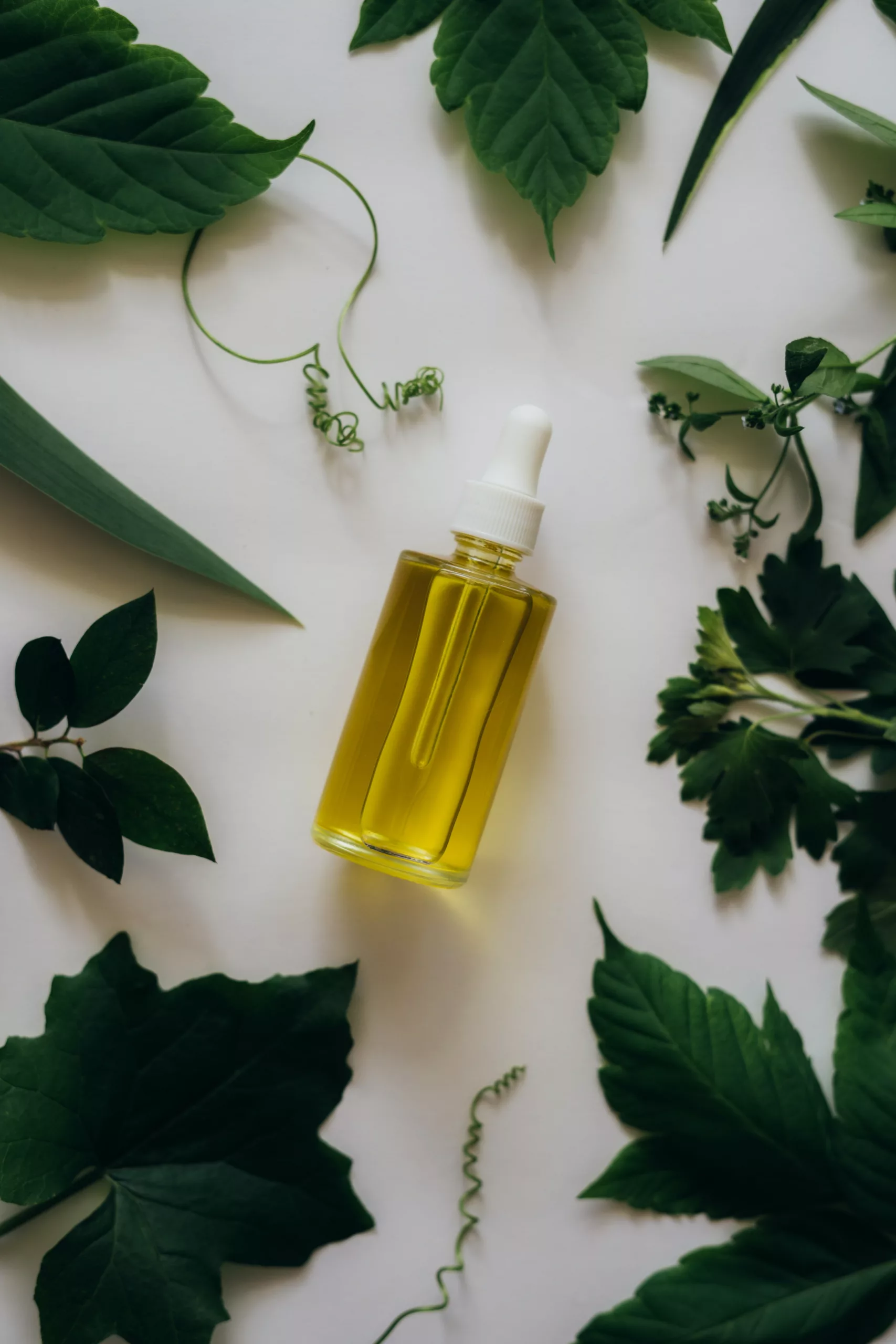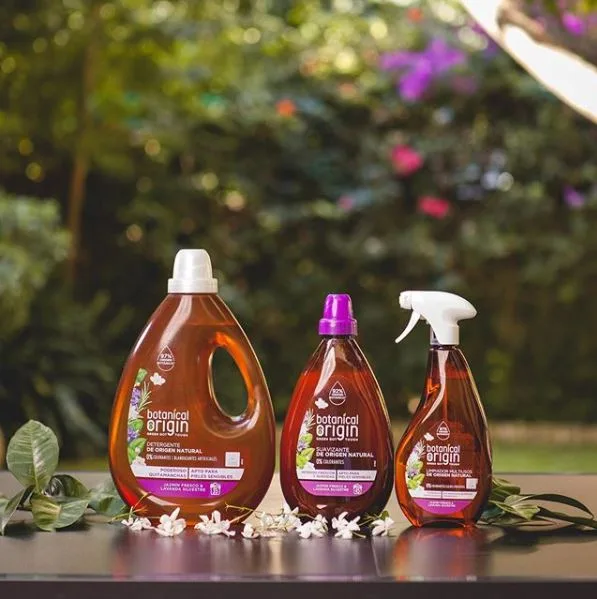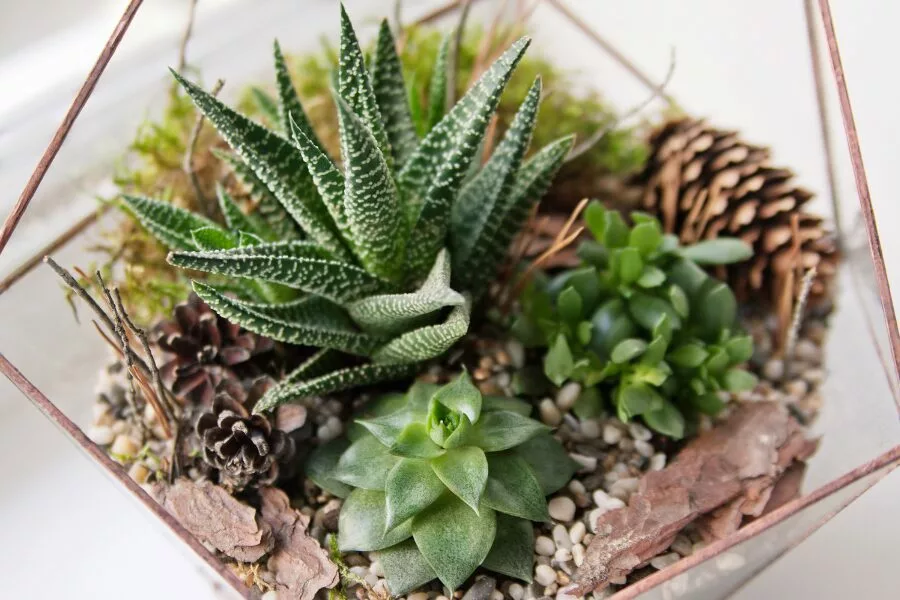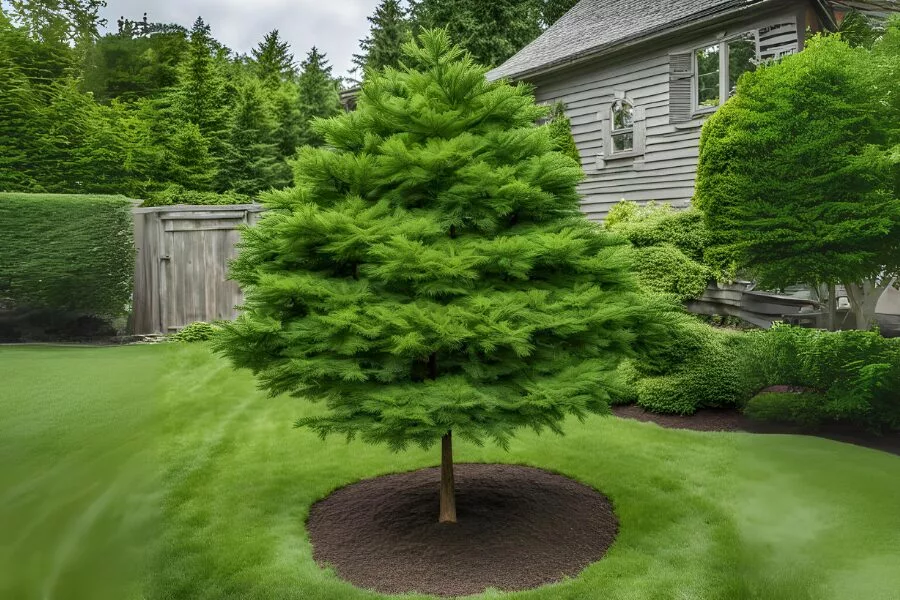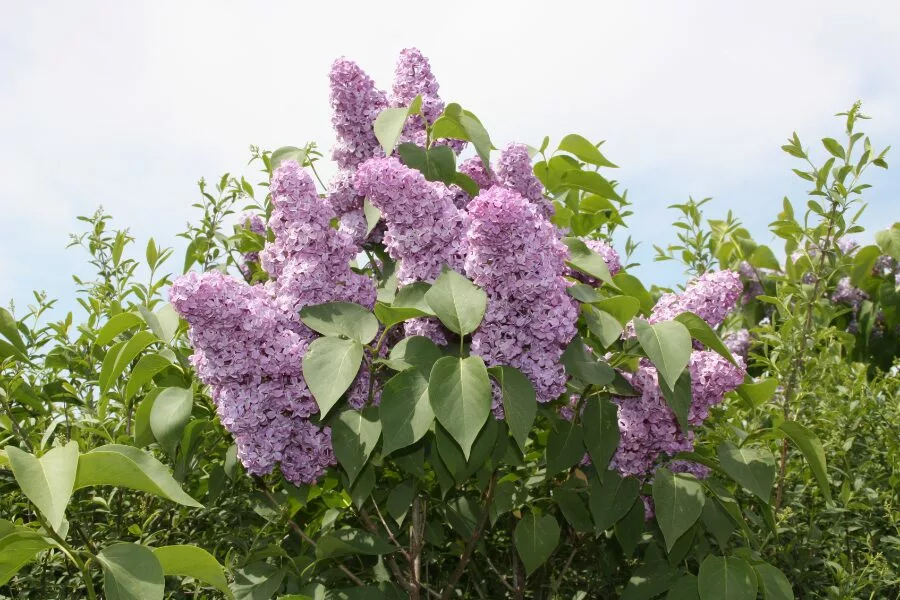Ant invasions are a common concern for homeowners around the world. These industrious insects seem to appear out of nowhere, forging trails across our kitchen counters and taking over our living spaces. However, before reaching for harsh chemical pesticides that pose health and environmental risks, consider a more sustainable and eco-friendly solution—essential oils for ants. Let’s delve into a detailed exploration of how these potent plant extracts can serve as effective, natural ant deterrents.

Understanding Essential Oils
Essential oils are concentrated extracts obtained from plants, capturing the pure ’essence’ of their fragrance and therapeutic properties. Extracted through processes such as steam distillation or cold pressing, these oils are a powerhouse of natural benefits. They have been used for centuries in aromatherapy, skincare, healthcare, and even as natural pest repellents. In the context of pest control, it’s their potent aromas that make them particularly effective.
The Need for Eco-friendly Ant Control Methods
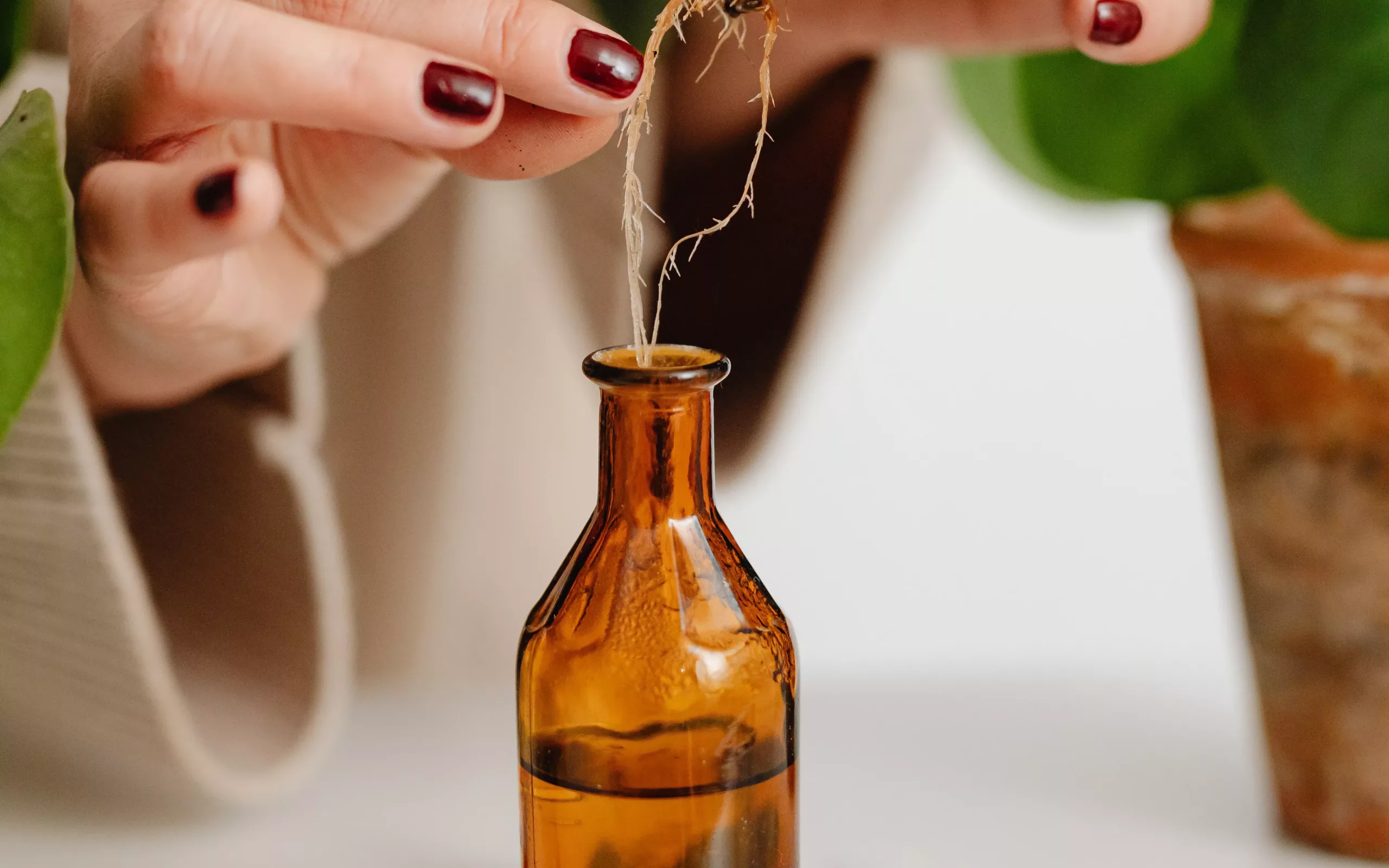
Traditional ant pesticides can be harmful not only to the ants but also to other non-target species, our health, and the wider environment. Chemical residues may linger in the soil, water, and air, causing long-term damage. For those who desire a greener, safer, and equally effective alternative, essential oils are the answer.
These plant-derived extracts, brimming with volatile compounds, have the capability to repel ants and many other pests without causing undue harm to our ecosystems. Additionally, unlike chemical sprays, essential oils leave your home smelling wonderful, making pest control a more pleasant task.
The Science Behind Essential Oils as Ant Repellents
How exactly do essential oils manage to deter these small, determined creatures? The secret lies in their strong aromas. Ants are significantly reliant on their sense of smell for survival. They communicate, locate food, and navigate their surroundings using pheromone trails, which are scent-based trails laid down by their fellow ants.
When you introduce the powerful scent of essential oils into this system, it creates confusion and disruption. The overpowering smell of the oils masks the pheromone trails, making it harder for ants to communicate and find their way. Consequently, these insects are likely to seek out areas without such strong, confusing odors, leaving your home ant-free.
Effective Essential Oils for Ants Control and Their Application
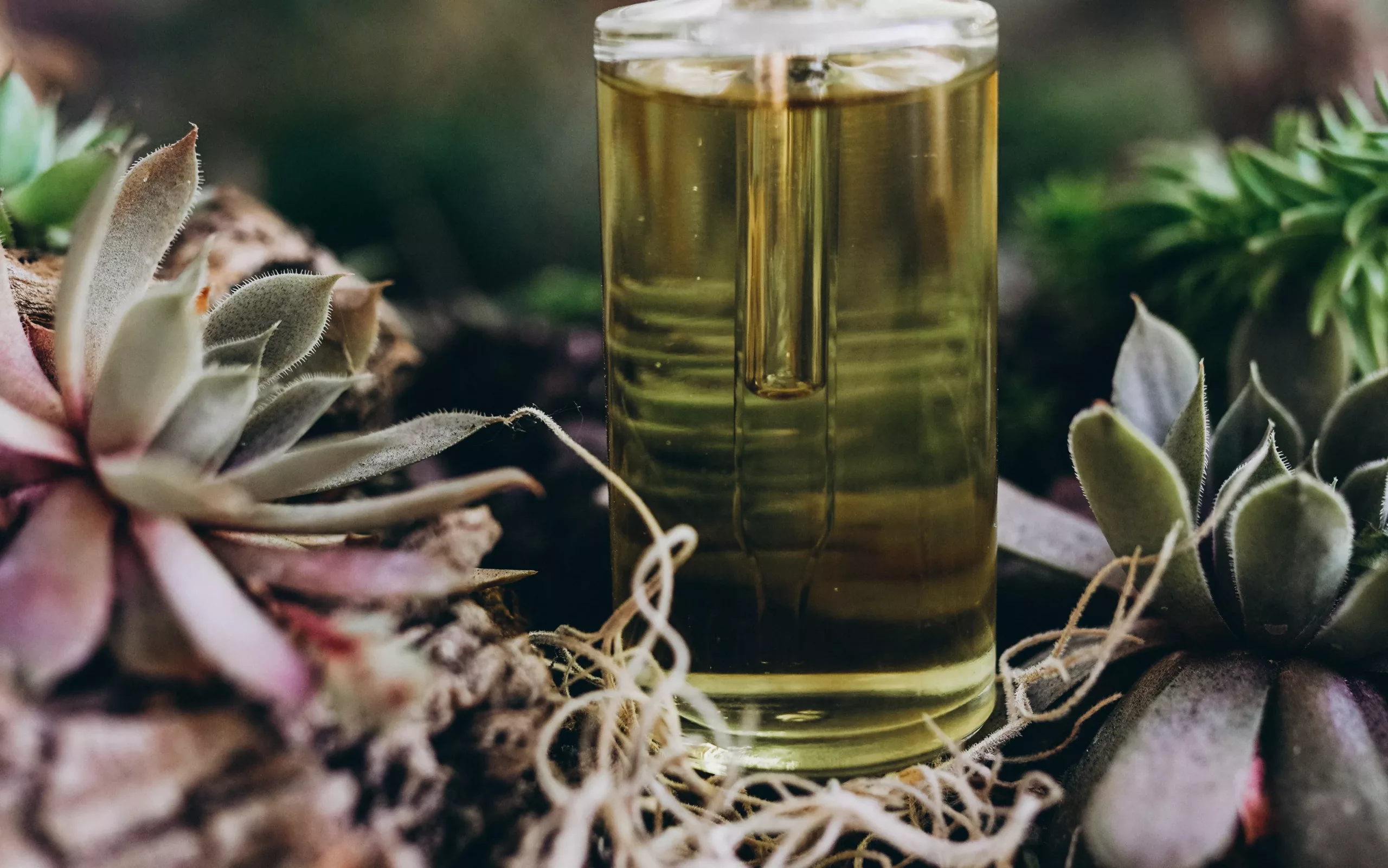
Peppermint Oil: Known for its fresh, invigorating scent, peppermint oil is highly disliked by ants. By mixing ten drops of this essential oil with a cup of water, you create a natural ant deterrent spray. Apply this on surfaces and areas where you’ve spotted ants for an ant-free home that smells refreshingly minty.
Tea Tree Oil: Tea tree oil’s strong, medicinal aroma is powerful enough to ward off ants and several other pests. You can prepare an ant-repellent spray by combining 15 drops of tea tree oil with a cup of water. Spray this mixture on ant trails and potential entry points in your home.
Citrus Essential Oils (Lemon, Orange): Citrus oils, extracted from the rinds of citrus fruits, are rich in a compound called d-limonene. This compound is toxic to ants and interferes with their respiratory system. Simply add a few drops of citrus essential oil to a cup of water and wipe down your kitchen counters and other surfaces where ants frequent.
Eucalyptus Oil: This oil carries a strong scent that ants prefer to avoid. It can be used in a similar manner to peppermint oil. Regular application will deter ants and also fill your home with the fresh, clean scent of eucalyptus.
Cinnamon Essential Oil: The warming, spicy aroma of cinnamon oil can effectively disrupt ant trails. Place a few drops near entry points or make a spray solution for broader application. Bonus: it gives your home a cozy, welcoming smell!
To achieve the best results, apply these oils regularly to maintain a strong scent barrier. A single application might see initial results, but persistence will ensure your home stays ant-free.
Unique Essential Oils and Varied Applications for Ant Control
While the essential oils mentioned earlier are commonly known for their ant-repelling properties, several other oils can also prove effective. Experimenting with different types can be beneficial, as it helps you discover the ones that work best in your particular situation. Here are a few lesser-known but powerful essential oils for ant control:
Cedarwood Oil: This oil is derived from the wood of cedar trees and has a robust, woody scent. It’s an excellent ant deterrent, and it also repels other pests like mosquitoes and ticks. Add a few drops to cotton balls and place them in areas frequented by ants.
Thyme Oil: Thyme oil’s intense, herbaceous aroma is unappealing to ants. You can make a barrier spray by diluting thyme oil with water and spraying it around the perimeter of your home or any entry points for ants.
Lemongrass Oil: This oil is not only effective against ants but also a wide range of other pests, including fleas and ticks. Mix lemongrass oil with a carrier oil like jojoba or coconut oil, and wipe it along windowsills, door frames, and baseboards to keep ants at bay.
Variations in Application Methods

Essential oils offer versatility in how they can be applied for ant control. Here are a few different methods:
Essential Oil Diffuser: By using an essential oil diffuser, you can disperse the scent throughout your home, creating an environment that’s unwelcoming to ants. Choose ant-repelling oils like peppermint, eucalyptus, or any of the unique oils mentioned above.
Homemade Essential Oil Wipes: Combine a few drops of your chosen essential oil with water and a small amount of liquid dish soap. Soak a reusable cloth in this mixture, wring out the excess, and use it as a wipe on counters, floors, or any other surfaces where you’ve seen ants.
Essential Oil-Infused Cotton Balls: This method works well for targeted areas. Soak cotton balls in a mixture of essential oil and water, then place them strategically in areas with high ant activity.
Essential Oil Carpet Freshener: If ants are invading your carpeted areas, try this method. Mix a few drops of essential oil with a cup of baking soda. Sprinkle this mixture on your carpet, let it sit for 15-20 minutes, then vacuum. The essential oil will repel the ants, and the baking soda will freshen your carpet.
Precautions When Using Essential Oils
Despite their natural origins, essential oils are incredibly potent and should be used wisely. Undiluted essential oils can cause skin irritation or even burns, so always dilute them before use. If you have pets or small children, be cautious about where and how you apply these oils. Some essential oils can be toxic to animals and should be kept out of reach of curious little hands.
Moreover, when selecting essential oils, it’s crucial to prioritize quality. Synthetic oils or low-quality products may not yield the desired results and could potentially introduce harmful substances into your home. Opt for pure, high-quality essential oils from reputable suppliers, even if they cost a little more. The efficacy and safety they offer are well worth the investment.
Conclusion
The use of essential oils for ant control blends the principles of aromatherapy with practical pest management, providing a solution that’s as pleasant for us as it is unpleasant for ants. It is an eco-friendly, sustainable, and non-toxic method that doesn’t compromise the health of your household or the environment. So, next time you spot an ant trail in your home, instead of reaching for a can of insecticide, reach for your bottle of essential oil. You’ll not only combat the ant invasion but also transform your home into an aromatic haven. We invite you to try these natural methods and share your experiences. Together, we can promote greener living and contribute towards a healthier planet.
